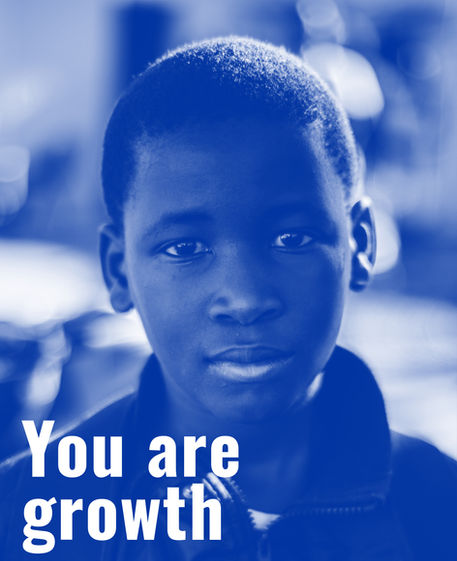
What should I do if I am exposed?
If you have been exposed to someone with COVID-19, you may become infected, even if you feel well.
After exposure to someone who has COVID-19, do the following:
-
Call your health care provider or COVID-19 hotline to find out where and when to get a test.
-
Cooperate with contact-tracing procedures to stop the spread of the virus.
-
If testing is not available, stay home and away from others for 14 days.
-
While you are in quarantine, do not go to work, to school or to public places. Ask someone to bring you supplies.
-
Keep at least a 1-meter distance from others, even from your family members.
-
Wear a medical mask to protect others, including if/when you need to seek medical care.
-
Clean your hands frequently.
-
Stay in a separate room from other family members, and if not possible, wear a medical mask.
-
Keep the room well-ventilated.
-
If you share a room, place beds at least 1 meter apart.
-
Monitor yourself for any symptoms for 14 days.
-
Stay positive by keeping in touch with loved ones by phone or online, and by exercising at home.
If you have any symptoms suggestive of COVID-19, call your health care provider or COVID-19 hotline for instructions and find out when and where to get a test, stay at home for 14 days away from others and monitor your health.
If you have shortness of breath or pain or pressure in the chest, seek medical attention at a health facility immediately. Call your health care provider or hotline in advance for direction to the right health facility.
If you live in an area with malaria or dengue fever, seek medical care if you have a fever.
Read our malaria and COVID-19 Q&A for more information. If local guidance recommends visiting a medical center for testing, assessment or isolation, wear a medical mask while travelling to and from the facility and during medical care. Also keep at least a 1-meter distance from other people and avoid touching surfaces with your hands. This applies to adults and children.
What to do if you feel unwell?
-
Know the full range of symptoms of COVID-19. The most common symptoms of COVID-19 are fever, dry cough, and tiredness. Other symptoms that are less common and may affect some patients include loss of taste or smell, aches and pains, headache, sore throat, nasal congestion, red eyes, diarrhea, or a skin rash.
-
Stay home and self-isolate even if you have minor symptoms such as cough, headache, mild fever, until you recover. Call your health care provider or hotline for advice. Have someone bring you supplies. If you need to leave your house or have someone near you, wear a medical mask to avoid infecting others.
-
If you have a fever, cough and difficulty breathing, seek medical attention immediately. Call by telephone first, if you can and follow the directions of your local health authority.
-
Keep up to date on the latest information from trusted sources, such as CDC, AAY or your local and national health authorities. Local and national authorities and public health units are best placed to advise on what people in your area should be doing to protect themselves.
LEARN more about ISOLATION AND QUARANTINE HERE!
Reference: World Health Organization, CDC and Washington State Department of Health




